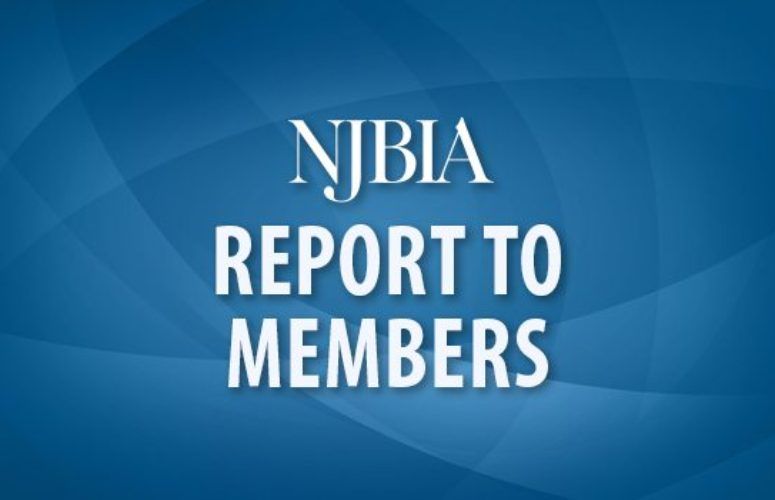
Economic Vision Needs Action on Affordability
Report to Members
By Michele N. Siekerka, Esq., NJBIA President and CEO On Dec 28, 2018
Michele N. Siekerka, Esq., NJBIA President and CEO
A new year is an opportunity for both reflection and optimism as we make plans for the future.
Our members reflect that optimism, telling us in our annual Business Outlook Survey they are bullish about sales, hiring and profits in 2019. We also are optimistic about Gov. Phil Murphy’s plan for economic growth, which includes initiatives to boost workforce development, attract venture capital, and grow small businesses so that New Jersey can reclaim its former status as a global innovation leader.
But the key to any successful plan is its execution, which is why this economic plan needs to also address the structural imbalances in our state budget that, if ignored, will continue to undermine all initiatives to build a stronger economy. It’s not enough to create new jobs, we also must sustain those jobs. To do that, we need to resolve the problems that make New Jersey unaffordable for our businesses, as well as the residents they employ.
The New Jersey Economic and Fiscal Policy Workgroup, comprised of economists, accountants and public finance experts, was created by Senate President Stephen Sweeney to study how to fix the state’s long-term budget challenges, which have led to state and local tax increases that are driving away business and hurting our economy. We must act on the Workgroup’s findings in 2019 in order to give the Governor’s ambitious economic vision a chance to succeed.
First, New Jersey’s pension system is one of the most underfunded in the nation and its combined pension and retiree health benefit liabilities of $151.5 billion are four times the size of the annual state budget. The Workgroup found that without changes, the cost of pensions and benefits will rise by $4.1 billion over the next four years and consume 26 percent of the state budget. This unsustainable spending hampers the state’s ability to make needed investments in infrastructure, higher education and economic development – all of which are essential to attracting and retaining businesses.
The Workgroup recommended that the state transition to a more sustainable hybrid pension system combining the best of a defined benefit and a defined contribution system. Most private companies have already shifted their employees to defined contribution plans.
Another key Workgroup recommendation is changing the health benefits system for state employees from platinum to gold plans that are comparable to what’s offered by businesses in the private sector. The current platinum-level system provides actuarial coverage of 97 percent of total healthcare costs – the highest percentage of any government healthcare system in the nation, according to the Workgroup report. If no action is taken, costs are projected to grow by $700 million over the next four years, and 90 percent will be borne by taxpayers because the state self-funds its health plan.
New Jersey also has the highest property taxes in the nation, driven mostly by high local school taxes. NJBIA members recently told us property taxes are their No. 1 concern – outranking even healthcare costs, which previously had reigned as the top issue for more than 25 years in our annual surveys.
The Workgroup’s proposals on K-12 school district restructuring, as well as pension and healthcare reforms, would go a long way toward reducing the local property tax burden that makes New Jersey unaffordable for both businesses and their employees.
We support the creative proposals in the Governor’s vision plan to grow the innovation economy. However, the Workgroup’s recommendations addressing the state’s unsustainable spending obligations are needed as well. The challenge is to blend them into action in 2019 so we can all remain optimistic about New Jersey’s future.
To access more business news, visit NJB News Now.
Related Articles:






